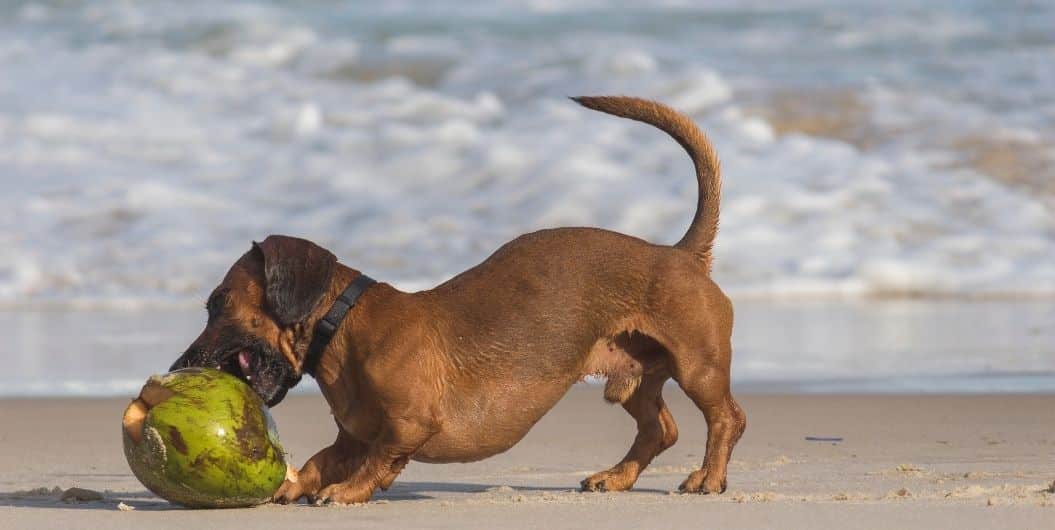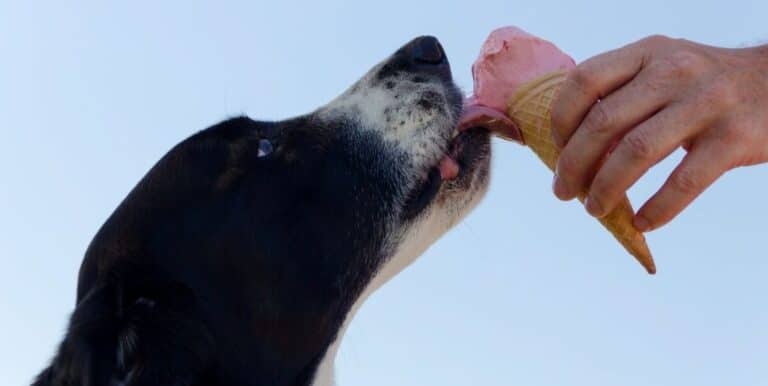What Are the Signs of Kidney Stones in Dogs?

Kidney stones in dogs can be painful and can lead to serious health issues. There are several signs one can watch for if it is suspected that a dog has kidney stones. These include blood in the urine, increased frequency of urination, painful urination, abdominal pain and vomiting.
The most visible sign is blood in the urine. Kidney stones can cause urine to turn from a bright pink to dark red, depending on the severity of the stones. The stones can irritate the lining of the bladder and urethra of the dog, causing blood to mix with the urine and alter the color.
Dogs suffering from kidney stones also feel the need to urinate much more frequently than they normally do, even though their attempts to urinate may often be unproductive. This feeling of bladder fullness can make the dog seem restless. The dog may squat to urinate and be unable to produce any urine or to only produce a small amount of urine. Passing urine can be painful to a dog with kidney stones.

Kidney stones in dogs can also cause abdominal pain. The dog may react to its abdomen being touched or pressed. The abdominal pain can be caused by urinary backup, stone accumulation or an irritated bladder lining.
Vomiting is a common sign of kidney stones in a dog. If the stones block the urethra, urine can back up into the bladder or kidney. This can cause painful swelling or an infection that may make the dog nauseous and lead to vomiting.
Canine kidney stones are normally caused by a buildup of alkaline minerals in dogs’ kidneys and urinary tracts. The buildup causes small layers of salts to form. As these salts continue to grow, they can become harder and jagged. Dehydration often plays a large role in the formation of kidney stones in dogs because it allows the mineral salts to build up without being flushed out.

If the pet owner notices the signs of kidney stones early enough, the condition can usually be treated through diet. The dog can be fed a special diet that creates high acidity in the urine that will help break down the stones. If the condition is advanced, a veterinarian may have to remove the stones surgically.
The easiest way to help prevent kidney stones in dogs is to make sure they are well hydrated. A dog always needs access to plenty of fresh water, which will help to keep its kidneys flushed. In addition, diets with a high grain content or lots of vegetables tend to produce more alkaline urine, which can lead to stones. High-protein diets with only a small amount of grains and vegetables are recommended to help prevent stone buildup.






